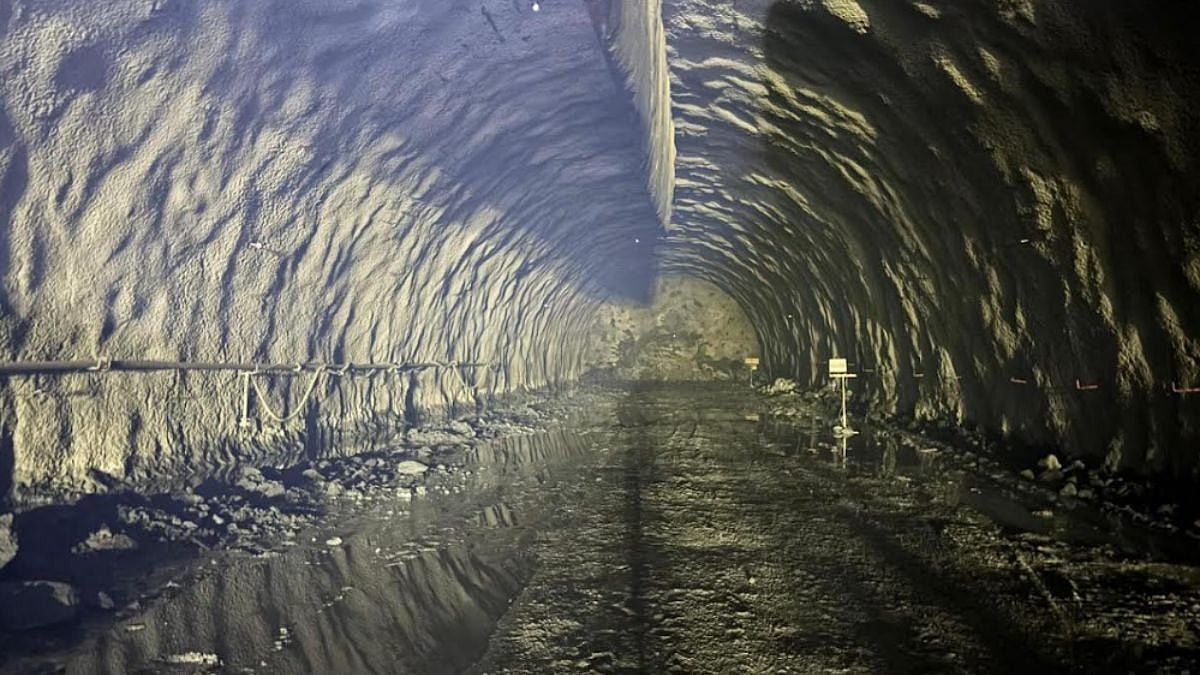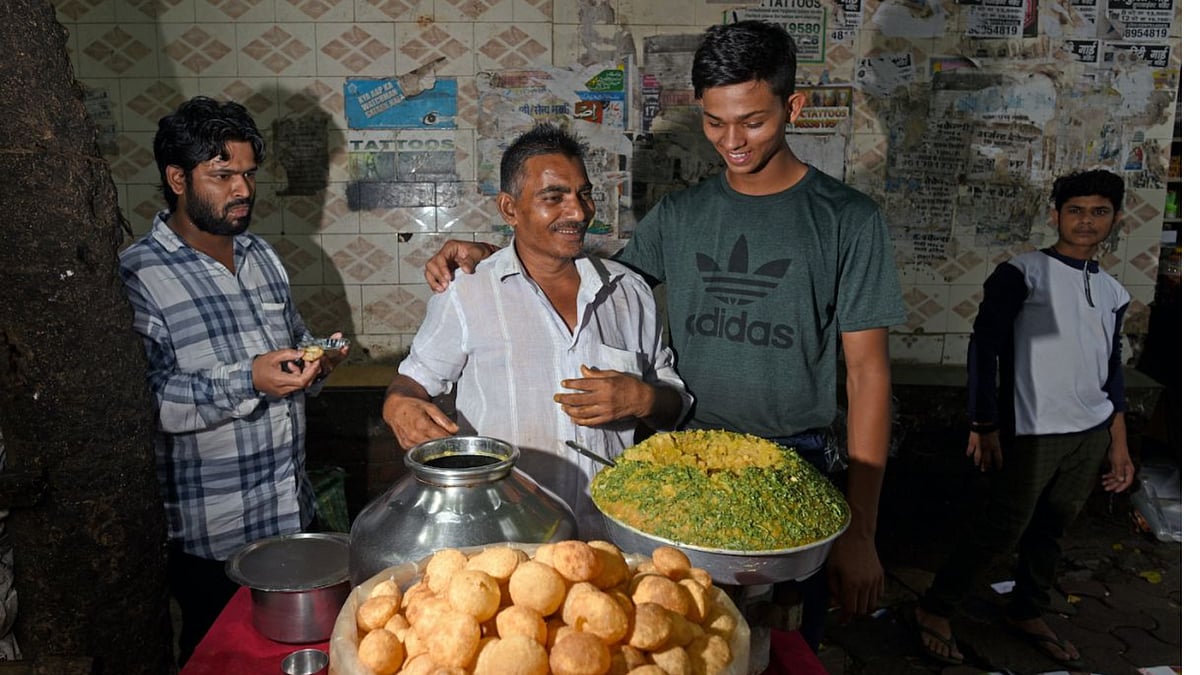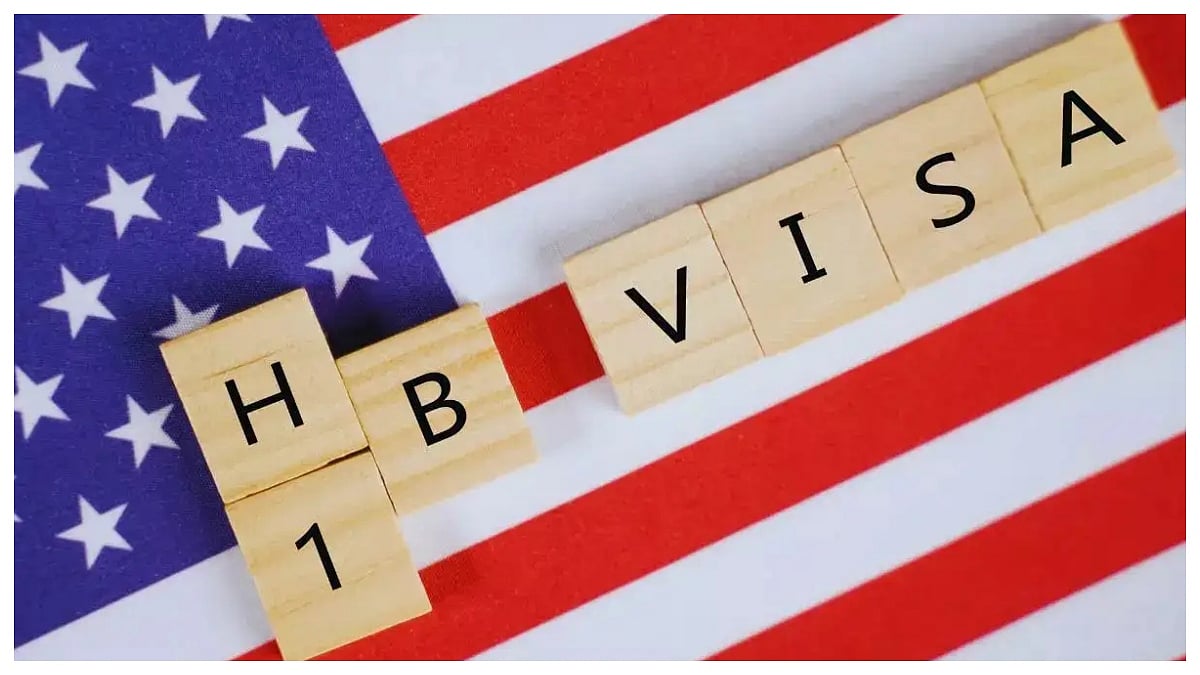Mumbai is notorious for traffic congestion, and the western suburbs stand as a prime example of this issue. The suburbs include Andheri, Bandra, Goregaon, Malad, Kandivali and Borivali. These neighbourhoods are hubs for residential, commercial and industrial activities. However, their rapid urbanisation has outpaced the development of supporting infrastructure.
Several key factors contribute to traffic congestion. The western suburbs are home to a vast population, many of whom rely on private vehicles or auto-rickshaws for daily commute. This leads to overcrowding on roads, especially during peak hours. Many arterial roads in the suburbs are too narrow to handle the large volume of vehicles. Potholes, uneven surfaces and construction work exacerbate the problem. The western suburbs often face overcrowded trains and limited bus routes. The absence of well-coordinated traffic signals and a lack of enforcement against illegal parking often disrupt the flow of vehicles. Encroachments by hawkers and illegal structures on footpaths further shrink the already limited road space.
Activists who work on traffic issues suggest possible solutions like enhanced public transportation. Expanding and modernising the train and bus networks could encourage more people to switch from private vehicles to public transit. Introducing dedicated bus lanes could improve efficiency. Regular maintenance of roads, completion of construction projects, and widening of key routes can ease traffic flow. Implementing intelligent traffic systems, such as adaptive traffic signals and real-time monitoring, can optimise vehicle movement. Strict enforcement against illegal parking and encroachments can free up valuable road space. Developing multi-level parking structures in congested areas would also help. Creating safe and accessible pedestrian paths and cycling lanes can encourage non-motorised transport options.
IIT Bombay alumni and civil engineer and activist Sudhir Badami said we should focus on solutions rather than merely discussing problems. He said that as long as no effort is made to reduce the use of personal motorcars, there will be no reduction in congestion. His upcoming book, ‘Matter of Equitability – Making Commuting in Mumbai Enviable’, suggests several solutions to address the city’s traffic woes. One of the key recommendations is the introduction of ‘congestion fees’, for using the road network during peak hours. With suggested initiatives like Premium BRT (Bus Rapid Transit) and Premium Aggregator Taxi services in place to decongest roads, these fees would further support infrastructure development and management; the funds thus collected could be dedicated to enhancing public transport across the Mumbai Metropolitan Region, Badami, added, providing a scheme to enable car users to use public transport.
Badami highlighted the need for additional MRTS (Mass Rapid Transit System) capacity through BRT systems capable of handling 18,000 to 45,000 passengers per hour per direction. He stressed the importance of implementing BRT systems early to address the current shortfall in metro rail capacity, which is projected to persist even after 2041. Early implementation of BRT systems could also reduce the annual loss of nearly 3,000 lives on the railway system, which cumulatively affects approximately 12,000 dependents each year.
Transport expert Ashok Datar expressed concerns about the inefficiency of vehicle usage in terms of space and passenger capacity. “A bus occupies 30 square metres and carries 40 people per trip. With around 15 trips a day, a bus can transport approximately 1,000 passengers daily,” he said. “In contrast, a car occupies 8sqmt, carries only one or two people per trip, and serves just six to eight passengers in a day.”
Datar raised questions about the city’s infrastructure planning, and pointed out that projects like the coastal road and the sea link are designed to improve connectivity to areas outside the city but fail to address internal traffic congestion. “Ultimately, vehicles will come into the city,” he said.
Parking is another pressing issue, as many cars are used for only two hours daily but parked for over 12 hours. While two-wheelers are more space-efficient, they pose challenges related to accidents and indiscipline. Datar highlighted the growing problem of traffic-related pollution and critiqued the metro system for being inefficient, costly and inadequate in addressing Mumbai’s transportation needs.
Activist and secretary of the South West Vile Parle Residents Association, Dr Kedar Diwan, stated, “The junction on SV Road leading to the Milan flyover faces perpetual traffic congestion. The bottleneck stretches from the Milan signal to the junction of Santacruz Railway Station Road on SV Road. The construction work for Metro Line 2B has worsened the problem. Additionally, schoolbuses contribute to the chaos during school hours. The proposed DP road connecting SV Road to Milan subway road remains incomplete due to encroachments. Another issue is the car parking by certain auto businesses near Nanavati Hospital, which has not been addressed despite repeated complaints.”
Advocate Trivankumar Karnani, founder of Mumbai North Central District Forum Citizen Welfare Forum, said, “The western suburbs are grappling with severe traffic congestion due to multiple factors. SV Road is heavily impacted by ongoing metro construction, resulting in frequent delays. The link road also faces challenges due to concretisation and other civic construction projects. Meanwhile, the Western Express Highway, although not undergoing extensive digging, is plagued by patchwork repairs that create bottlenecks, causing daily disruptions from Bandra to Dahisar. These issues collectively affect all three major roads in the western suburbs.”

Karnani added, “Interior roads in the western suburbs are severely affected by repairs, concretisation, and stormwater drainage work, leaving commuters with no alternative routes to bypass the gridlock. Private and public redevelopment projects in the area also contribute significantly to the problem. Roads in redevelopment zones are often partially occupied by construction trucks, ready-mix concrete vehicles and dumpers further exacerbating traffic congestion. Lastly, there is a lack of coordination and an integrated approach among the various authorities responsible for permitting and overseeing these projects. Together, these factors have turned the western suburbs into a daily traffic nightmare for commuters, with very limited scope for immediate solutions.”
Key factors
- High population density leads to overcrowded roads
- Narrow and poorly maintained roads with potholes
- Inefficient public transportation systems
- Ongoing construction projects causing bottlenecks
- Illegal parking and encroachments reducing road space
Impact on daily life
- Prolonged commuting times leading to reduced productivity
- Increased air and noise pollution from idling vehicles
- Negative effects on physical and mental health
- Financial losses for businesses due to delays
Proposed Solutions
- Expand and modernise public transportation systems, including buses and local trains
- Implement intelligent traffic management systems
- Enforce stricter rules against illegal parking and encroachments
- Develop dedicated pedestrian lanes
- Introduce congestion fees during peak hours to reduce private vehicle use










